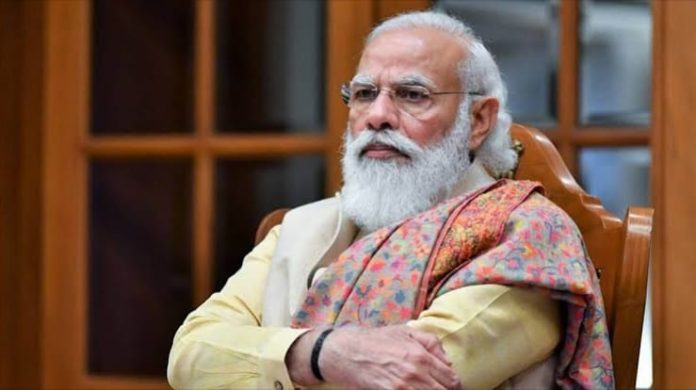Democracy, a system forged through prolonged and arduous struggles, replaced the ancient model of kingdoms, where a king’s authority was sanctioned by religious clergy. This historical backdrop is crucial in understanding current global and South Asian political dynamics, where democratically elected leaders are increasingly adopting authoritarian tendencies under the guise of religion. Notable examples include Sri Lanka, Myanmar, Pakistan, and India.
Ram Puniyani, a prominent commentator, argues that India’s current Prime Minister, Narendra Modi, represents a unique case in this trend. Unlike former Prime Minister Indira Gandhi, who dismissed divine comparisons despite being lauded as a Goddess Durga after the 1971 war with Pakistan, Puniyani notes that Modi has embraced and cultivated a quasi-divine image. A staunch Hindu nationalist and a trained member of the Rashtriya Swayamsevak Sangh (RSS), Modi has promoted sectarian nationalism, which often gravitates towards dictatorial leaderships cloaked in religious rhetoric.
Modi’s rise to power was meticulously engineered. From his tenure as Gujarat’s Chief Minister, efforts were made to craft a charismatic image. An image consulting firm, APCO, was hired to enhance his public persona, and stories of his childhood bravery, such as retrieving a ball and a baby crocodile from a river, were popularized through a comic book, “Bal Narendra.”
Upon becoming Prime Minister, Modi transformed the traditional cabinet system, centralizing power and diminishing the autonomy of ministers. Although he referred to himself as “Pradhan Sevak” (Chief Servant of the Nation), his actions and increased participation in religious ceremonies bolstered his image as a quasi-religious figure. His 2019 election campaign further amplified this image by presenting him as the “Chowkidar” (Security Guard of the Nation).
As Modi campaigns for the 2024 parliamentary elections, his rhetoric has increasingly portrayed him as divinely ordained. In a recent interview, he stated, “When my mother was alive, I used to believe that I was born biologically. After she passed away, upon reflecting on all my experiences, I was convinced that God has sent me… I believe God has given me abilities, inspiration, and good intentions for a purpose… I am nothing but an instrument.” This assertion was complemented by his claim that those who vote for him will gain spiritual merit from his deeds.
Puniyani draws parallels between Modi and historical figures like Adolf Hitler, who also sought to deify himself. Hitler’s biography, “Adolf Hitler: His Life and Speeches,” published in 1923, compared him to Jesus Christ, a comparison believed to have been orchestrated by Hitler himself to enhance his divine image.
The concentration of power in Modi’s hands is now substantial, and his divine self-perception raises concerns about the future of democracy in India. According to Puniyani, Modi’s policies have favored corporate cronies, marginalized religious minorities, and glorified hierarchical values of ancient times. As Modi continues to blur the lines between political leadership and religious authority, the implications for India’s democratic fabric remain profound and troubling.




